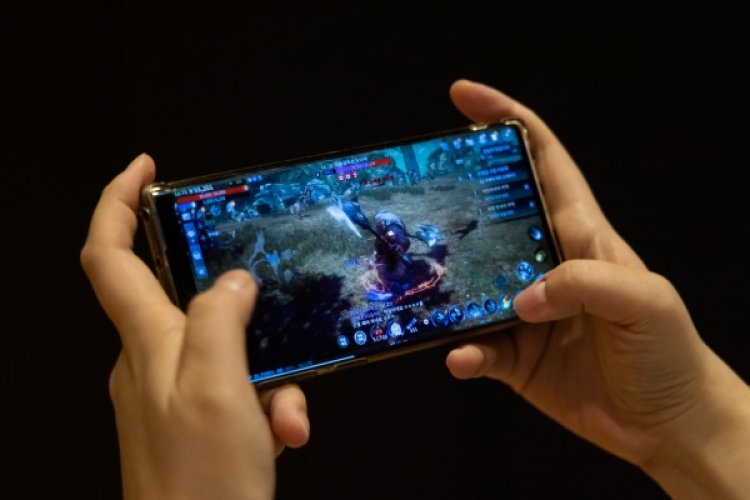Blockchain gaming survey: 7 investors discuss regulation, opportunities and NFT hype
There’s still a haze of uncertainty surrounding blockchain games, so we reached out to several active investors in to get a clearer picture of where opportunities exist today and what they see on the horizon.

The video-game industry has always been on the bleeding edge, but blockchain gaming is still widely viewed as emerging technology.
In October 2021, Valve banned all blockchain-related games from its Steam platform. Meanwhile, within Axie Infinity, an NFT-based online game, new players are paying hundreds of dollars to acquire mythical pets and love potions.
There’s still a haze of uncertainty surrounding blockchain games, so we reached out to several active investors in the space to get a clearer picture of where opportunities exist today and what they see on the horizon. We asked them to share the advice they’re giving their portfolio companies, along with their thoughts on how future regulation might impact the industry.
Interestingly, at least one investor noted that growth wasn’t a key consideration: “We tell our companies to really think about the missing pieces, particularly in gaming infrastructure,” said Banafsheh Fathieh, head of investments, Americas at Prosus Ventures. “What are the pain points we can alleviate for users and builders? Growth is less of a focus now, utility is incredibly important at this stage.”
We surveyed:
- Anton Backman, principal, and Kenrick Drijkoningen, general partner, Play Ventures
- Banafsheh Fathieh, head of investments, Americas, Prosus Ventures
- Josh Chapman, managing partner, Konvoy Ventures
- Eddie Thai, general partner, 500 Startups and general partner, Ascend Vietnam Ventures
- Beryl Li, co-founder, Yield Guild Games
- Rajul Garg, founder and managing partner, Leo Capital
Anton Backman, principal, and Kenrick Drijkoningen, general partner, Play Ventures
What was your initial reaction on hearing about Steam’s ban on blockchain games?
It was not an entirely unexpected move from Steam. Incumbents tend to be more wary of adapting new business models and gaming is no different. As a fledgling space, NFTs are beridden with projects of varying quality and we believe Steam wants to do some quality assurance and wait until the situation stabilizes before allowing blockchain games en masse. Interestingly enough, at the time of writing (Nov 14) MIR4, a crypto-enabled MMORPG on Steam, is running at 88,000 concurrent users. Seems that there’s still a gray area in terms of how these games are classified.
What advice have you been giving your portfolio companies to grow? What sort of guidance and assistance do blockchain gaming companies seek from you?
We typically act as a sparring partner for founders in strategy-related matters. With blockchain gaming companies we have mostly assisted the teams in navigating the technology stack, i.e., what blockchains and/or scaling solutions to consider, as well as token economic design. In our view it’s key to embrace a crypto native approach of building and experimenting with the product while also involving your community in the process.
How do you view the regulatory environment for blockchain gaming? Is the uncertainty making you reconsider your strategy?
No. It’s not the first time innovation has outpaced regulation and we see it as a natural reaction to new consumer behavior and ways of building companies. Similarly, Uber fought an uphill battle with regulators before eventually democratizing the taxi medallion system and providing an outsized improvement for end users of taxi services. This doesn’t mean that companies and projects should build products that are against the law but rather engage in healthy discussion with regulators as the adoption of their products increases.







